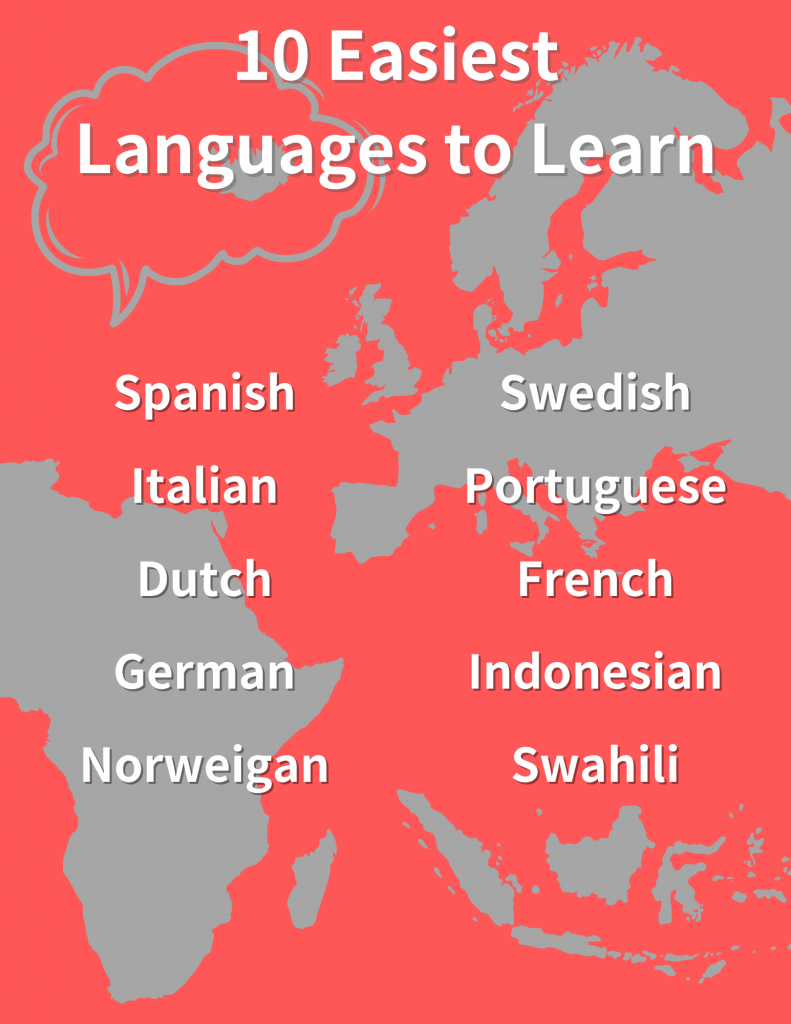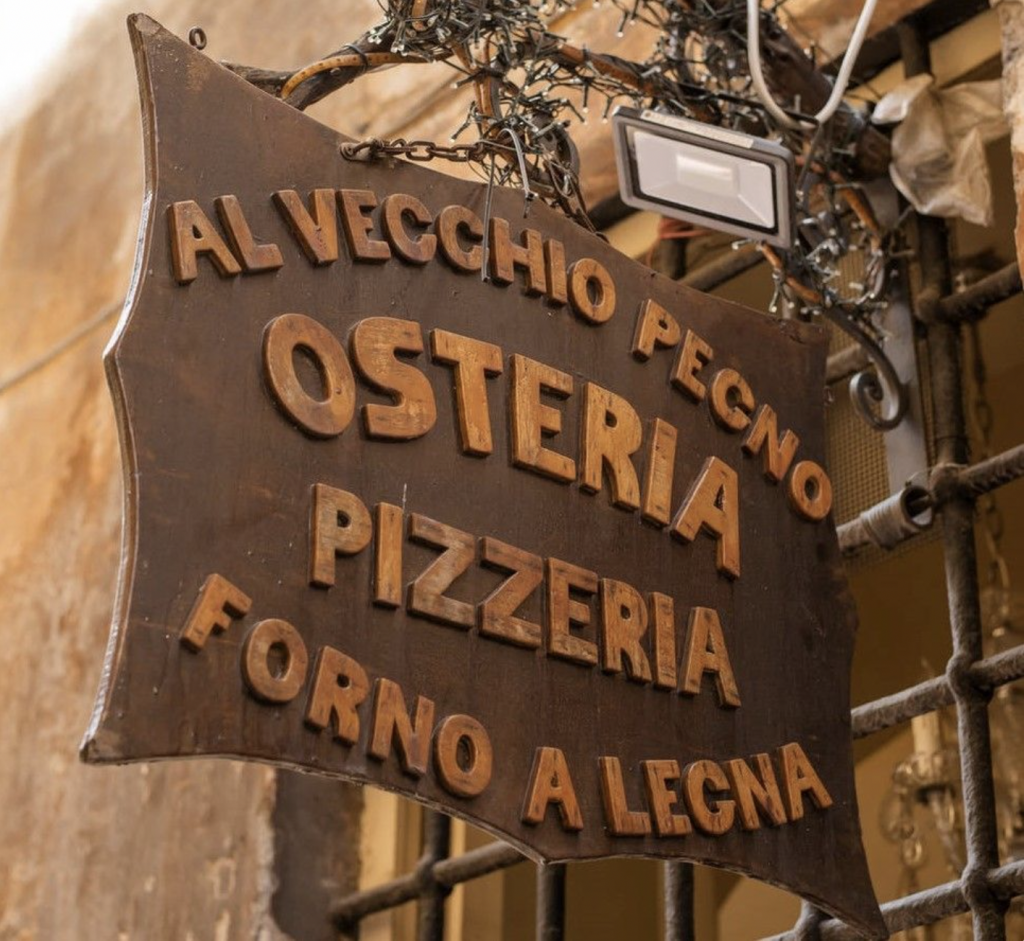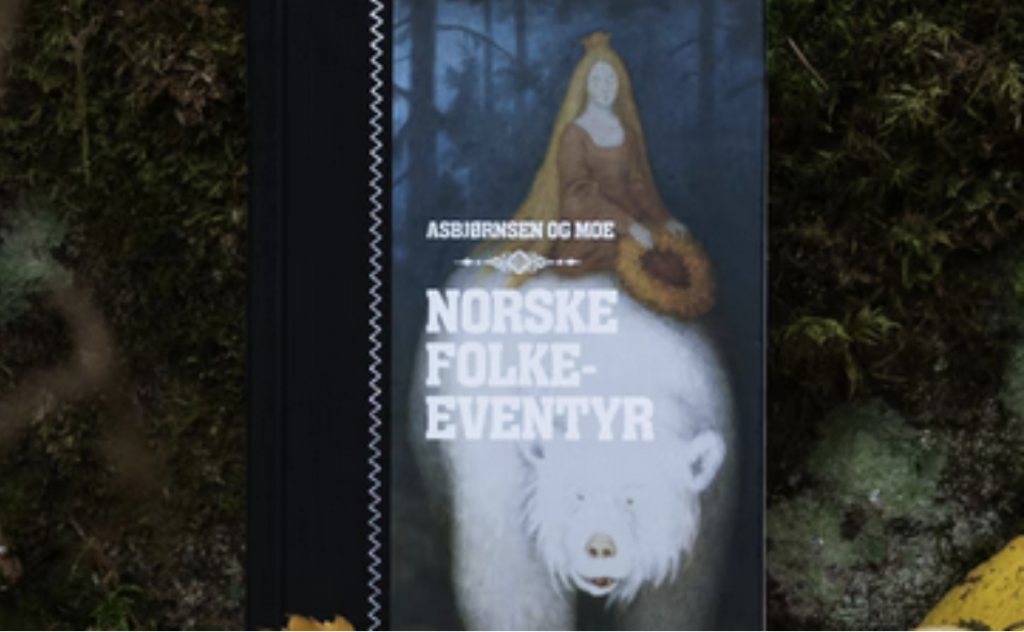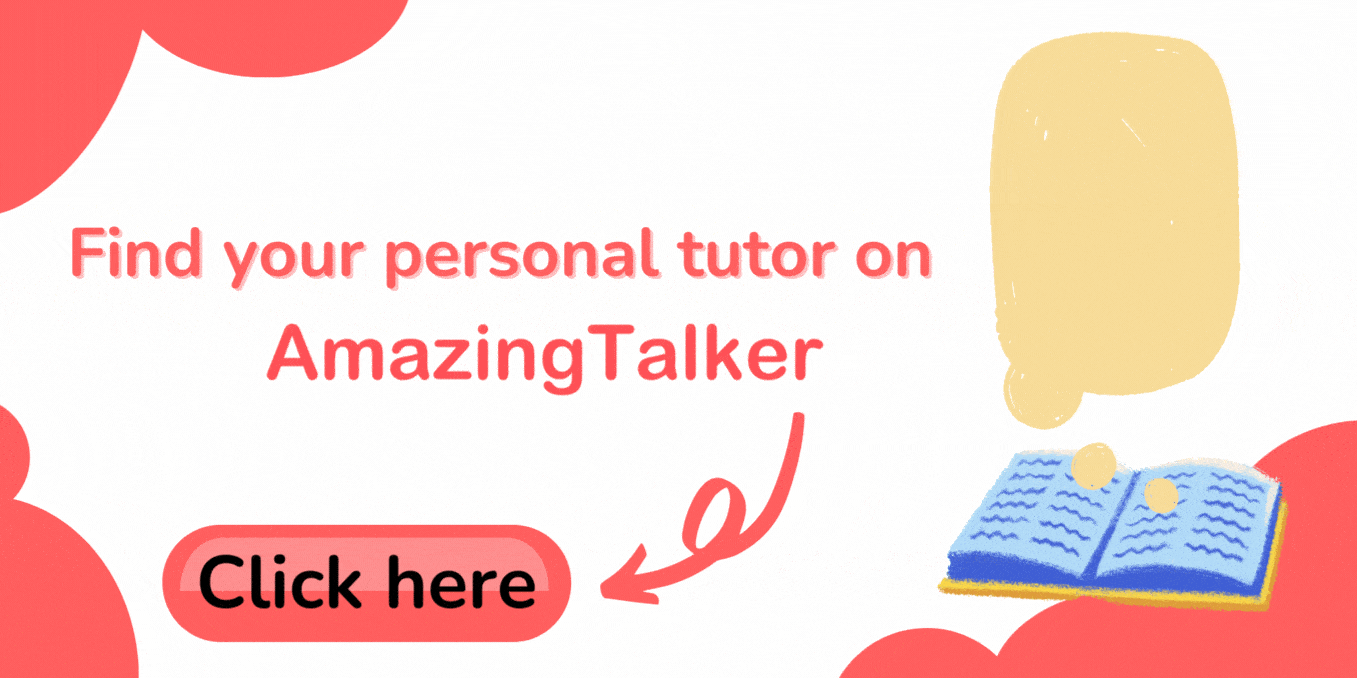So, you want to learn a new language, eh? And you want to pick the easiest language to learn, right?
Learning a new language from scratch can be quite a struggle, especially those languages that are quite complex and just.. really confusing! Luckily, there are languages that are easier to learn and won’t take as much time to get the hang of. After figuring out which language you want to learn, it is best to figure out methods to increase productivity— this can be done by finding a conversation partner, using language learning apps, or even immersing yourself in that language by listening to podcasts, music or watch movies in that language with the subtitles on!
As I mentioned, there are a lot of languages— so figuring out which ones are easier to learn can be quite annoying. This article serves as a general guide to which languages are the easiest to learn, just to save time and make things easier for you!
This is a list of 10 languages that are easy to learn, from easiest to less easy (but still relatively easy!).
Also read:
7 Most Useful Languages to Learn: What Language Should I Learn
12 Hardest Languages to Learn for English Speakers Ever
The Easiest Languages to Learn:

#1 Spanish

Spanish words are very closely related to English, this is because Spanish is considered a Romance language which means that the language stems from Latin. Similarly, English also stems from Latin. For example; Exact in English is Exacto in Spanish, Impact is Impacto and Perfect is Perfecto.
This fact also means that Spanish is a phonetic language, i.e, words are pronounced exactly as they are spelled. When it comes to sentence structure, Spanish shares the same structure as English and is also considered to be easier to form sentences. There are a handful of exceptions when it comes to verb tenses and grammar though, so be on the lookout for them!
Spanish is the 4th most spoken language in the world and the most spoken on this list, It means a lot of people speak it. Having this language in your arsenal can be most advantageous indeed! You can learn also check out how to learn Spanish fast!
Read More:
20 Ways to Say How are You in Spanish | Formal & Informal
#2 Italian

Italian is another Romance language. Some English words such as toast and fiction are used in Italian and vice versa, Italian words like barista, pepperoni ballerina, diva, and confetti to name a few, are used in English. Words that are only used in Italian are considered rather easy to learn and understand. Pronunciation of Italian words should also be easy, considering it is a phonetic language. Sentence structure is more or less similar to English. As such, once you grasp a few basic grammar and verb tense rules, forming sentence can be easy peasy!
Italian is the 29th most spoken language in the world and is considered to be one of the most beautiful languages out there. Learning this language can open a lot of doors to understanding many cultures and the arts, among other things, as well. Check out as well the best way to learn Italian!
Read More:
How to Say I Love You in Italian: Ti amo vs. Ti voglio bene
#3 Dutch

Dutch is a Germanic language. When spoken, the language sounds like a mish-mash of English and German. When it comes to actually learn the language, the most difficult thing that you will encounter is learning how to pronounce the words. Besides this, it is rather straightforward.
Words and sentence structure are almost identical to English. Some words are just pronounced differently, for example: the English word arm is pronounced as ah-r-mh, same meaning. Then you have words such as law which is called wet in Dutch, same meaning but different words. Dutch also has slightly different idioms.
Dutch serves as a bridge between English and German, as such, studying Dutch can actually help you learn other languages as well— languages such as German and even Afrikaans. The more languages you have in your arsenal, the more opportunities will be available to you!
Read More:
How to Learn Dutch: A Comprehensive Guide for Beginners
#4 German

As the name implies, German is a Germanic language. It is a bit harder to learn than with Dutch, but the general idea remains the same. German and English are still pretty close when it comes to basic sentence structure and vocabulary. Similar to Dutch, most people tend to struggle with the pronunciation of words, especially compound words such as Stachelschwein (which means ‘spike pig’ or simply as ‘porcupine’). Most words in German are also the same as those in English but can be spelled very differently. For example: Fish in English is spelled as Fisch in German but holds the same meaning.
Learning German has basically the same set of advantages that Dutch has, plus it is the 12th most spoken language in the world— which can create many new opportunities for you.
Read More:
5 Ways to Say Cheers in German | Be Ready for Oktoberfest
#5 Norwegian

Another Germanic language. Unlike in German and Dutch, the pronunciation of words is more straightforward and easy. This is because there are a lot of accents associated with the language, so you won’t have to stress too much about it!
Norwegian does also share some vocabulary with English. Words such as data (Which is pronounced as dah-tah) and under (pronounced as unner), share the exact same meaning but are just pronounced a bit differently. You will then have words like dverg which is dwarf in English, it retains the same meaning but is spelled and pronounced differently. It is luckily easy to see which word belongs to its English counterpart. When it comes to sentence structure, it is basically the same as English. For example, the sentence “Det var en gang” directly **says **once upon a time
Besides having a lot of people speak the language, it is also tied to old Norse. Understanding the language gives you a unique insight into Norse art and culture!
Read More:
How Long Does it Take to Learn Norwegian?
#6 Swedish

Our last Germanic language on this list. Getting the hang of pronunciation can be a bit challenging, but luckily grammar and sentence construction are quite straightforward. Swedish shares a bunch of words with English but can be spelled a bit differently, words such as sister is spelled as syster, or cousin is kusin but retains the English definition. The language does, however, contain compound words. For example, the word Jordgubbe means strawberry, if you break it apart, jord means ground and gubbe means old man! It is finally very important to note that Swedish has three extra vowels.
Learning how to speak Swedish can greatly help you make out written Danish and Norwegian to a good extent. It is like learning to understand more than one language!
Read More:
20 Ways to Say Thank You in Swedish with Audio
#7 Portuguese

Portuguese is a Romance language, which means it stems from Latin. As such, it uses the same alphabet as the English language. The two languages also share a large number of words. But beware! Some words can look and sound the same but have different meanings, these are called false cognates or false friends. An example would be the English word ‘actually’, meaning truth or fact of a situation, in Portuguese “Atualmente” means currently.
Keep in mind that there is a difference between European Portuguese and Brazilian Portuguese— in pronunciation and vocabulary. Which one you should learn depends on where you will use this language.
Portuguese is the 9th most spoken language in the world and learning it can open new doors to opportunities and a clearer insight into Portuguese culture.
Read More:
Merry Christmas in Portuguese & How to Ring the New Year In!
#8 French

French is another Romance language, which means it has a lot in common with English.
English and French share a bunch of basic vocabulary rules, so getting the hang of it can be rather easy. It is to be noted though that the pronunciation is going to need some time to understand, as it is rather different from English. For example, enchanté is pronounced as ‘on shon tay*’*** and je vais bien is pronounced as ‘juh vay byan’. Though, there are some words that we use in English that stem from French, these are words such as avant-garde and à la carte.
It is a bit tricky to nail the accent down as well, but if you listen to the language being spoken— by either finding a conversation buddy or watch shows in French, you’ll understand it in no time.
French is the 5th most spoken language in the world and is an official language in 29 countries. That’s a lot of people, which makes it an important language to learn! You can also check out some of the best ways to learn french!
Read More:
Months in French with Audio and More
#9 Indonesian

Indonesian is an Austronesian language, which is different from Germanic and Romance, but English speakers tend to find it easier to learn than other languages. The language is a phonetic language and uses the Latin alphabet, as such, reading and pronouncing the words is a breeze. What is cool about Indonesian is that while it is similar to English with easy grammatical words, there are no verb conjugations nor grammatical genders! The few grammatical rules, the easier the language. To convert a word from singular to plural is rather fun in this language, you just say the word twice to make it plural! For example, the word mobil is mobil-mobil in its plural form (cars) and buku is buku-buku (books).
Indonesian is the 11th most spoken language in the world and by learning this language, you can create a basic understanding of other Austronesian languages!
Read More:
How to Say Hello in Indonesian with More Useful Greetings
#10 Swahili

Swahili is a Bantu language and is comparatively more difficult to learn than the other languages on this list. Some words in Swahili mean and sound the same as their English counterparts, like polisi is police and baiskeli is bicycle. Words are often pronounced as they are spelled as well.
It is the 12th most spoken in the world and it is a good language to learn if you want to start learning or understanding African languages.
Read More:
8 Ways of How to Say Thank You in Swahili
The more languages you know, the more colorful your world gets!
As you start your learning journey and try to figure out how to learn Spanish, or any of these easier-to-learn languages, it is important to stay motivated! Remember all the opportunities that learning at least one of these languages can provide. You can do it!
When learning new languages, getting a tutor to guide you is one of the best ways to quickly become fluent in a language. AmazingTalker offers professional online tutors for a wide range of languages, you can pick a course and a tutor to fit your needs as well as a time slot that goes with your schedule! All of this and more at AmazingTalker!

















